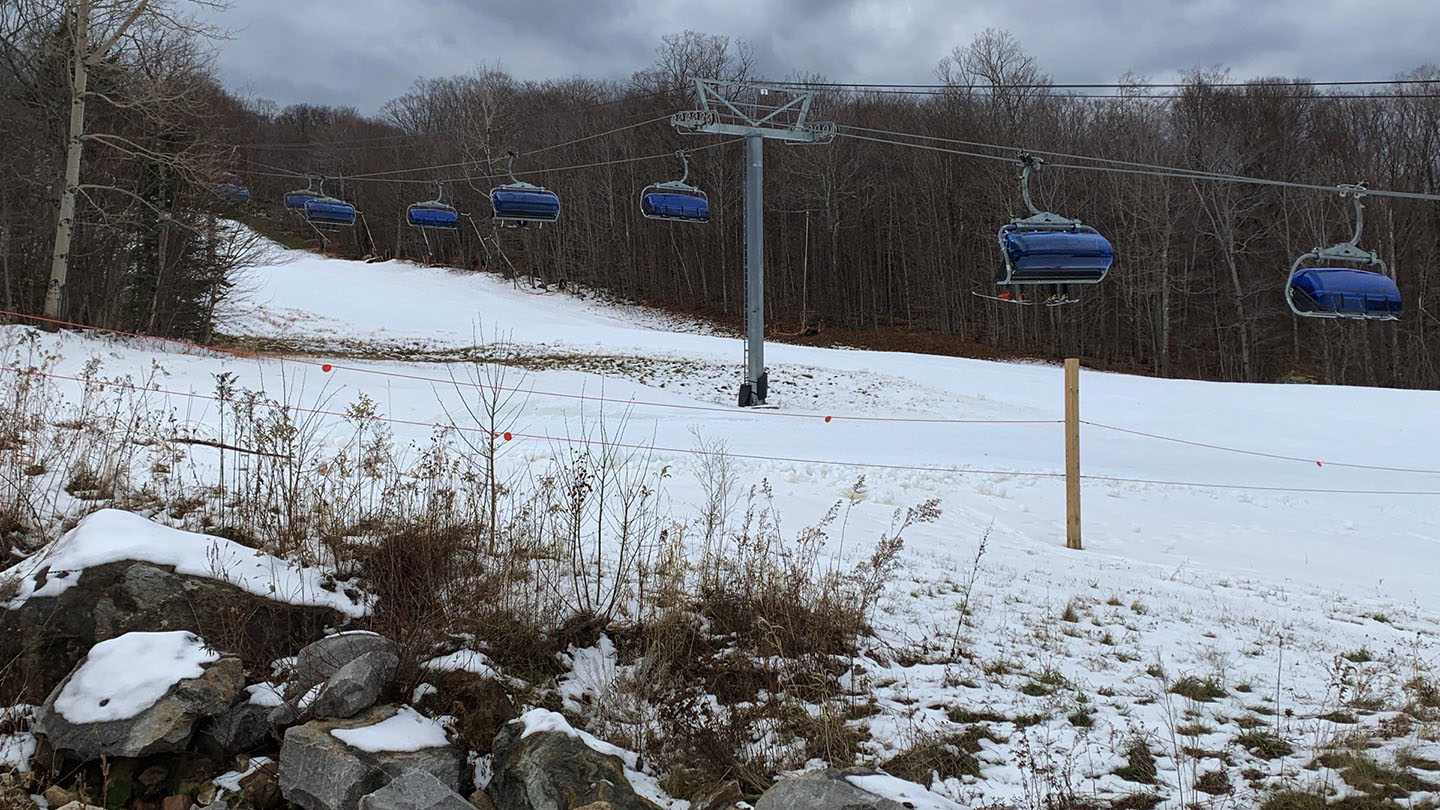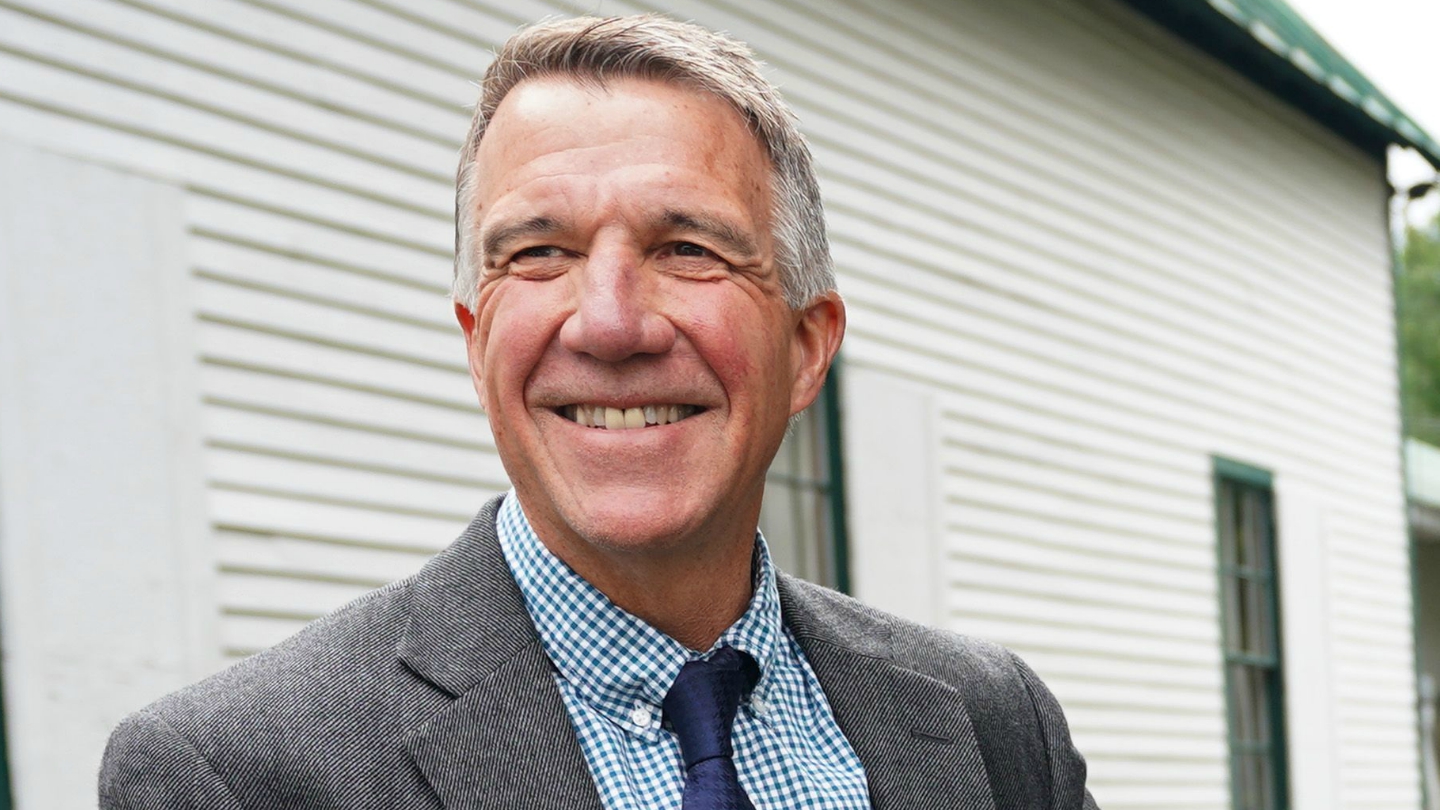A Vermont man taking part in a COVID-19 vaccine trial welcomed news Monday from other test sites, which showed encouraging signs for the effectiveness of the shots.
“I wouldn’t ask our people to do something I wouldn’t do myself,” explained Chief Don Stevens of Vermont’s Nulhegan Band of the Coosuk Abenaki Nation, describing why he wanted to join the study on the vaccine's effectiveness.
The University of Vermont Medical Center is hosting one of the trials, looking into the safety and effectiveness of a COVID-19 vaccine developed by the University of Oxford and manufactured by AstraZeneca.
Monday, Oxford scientists reported participants at other test sites in the U.K. and Brazil had no serious side effects and had as much as 90% protection if they took a half dose followed by a full dose.
“There’s a hint that it may have an impact on asymptomatic infection, and therefore, possibly, transmission of the virus,” Andrew Pollard of the Oxford vaccine group said in a statement to NBC News.
“The vaccine is not very expensive to manufacture,” lead Oxford researcher Sarah Gilbert said in the statement. “Also, no profit will be made during the pandemic period, which also helps to keep the price of this vaccine very low.”
The Oxford-AstraZeneca vaccine is said to be easier to store and ship than another manufacturer's, because it doesn’t need to be kept in deep freeze.
Chief Stevens said he welcomes that, believing it will help distribution to distant areas — including tribal reservations.
Indigenous peoples are among the minority groups at higher risk from COVID-19, researchers have said.
“Native people have lived through plagues before when Europeans first came. We didn’t have any chance of vaccines or any type of technology that would help us out and it almost wiped us out,” Stevens told NECN in an interview Monday. “So at least we live in a modern era, to be thankful that there can be vaccines that can be created to protect people.”
Researchers at the UVM Medical Center and the university’s Larner College of Medicine are continuing their work, even after the Oxford-AstraZeneca announcement, according to a hospital spokesman.
Stevens noted he cannot say for sure right now if he got the vaccine or a placebo, but said he did have very mild symptoms like aches and light chills the night following his shot. He said he felt fine the next day.



